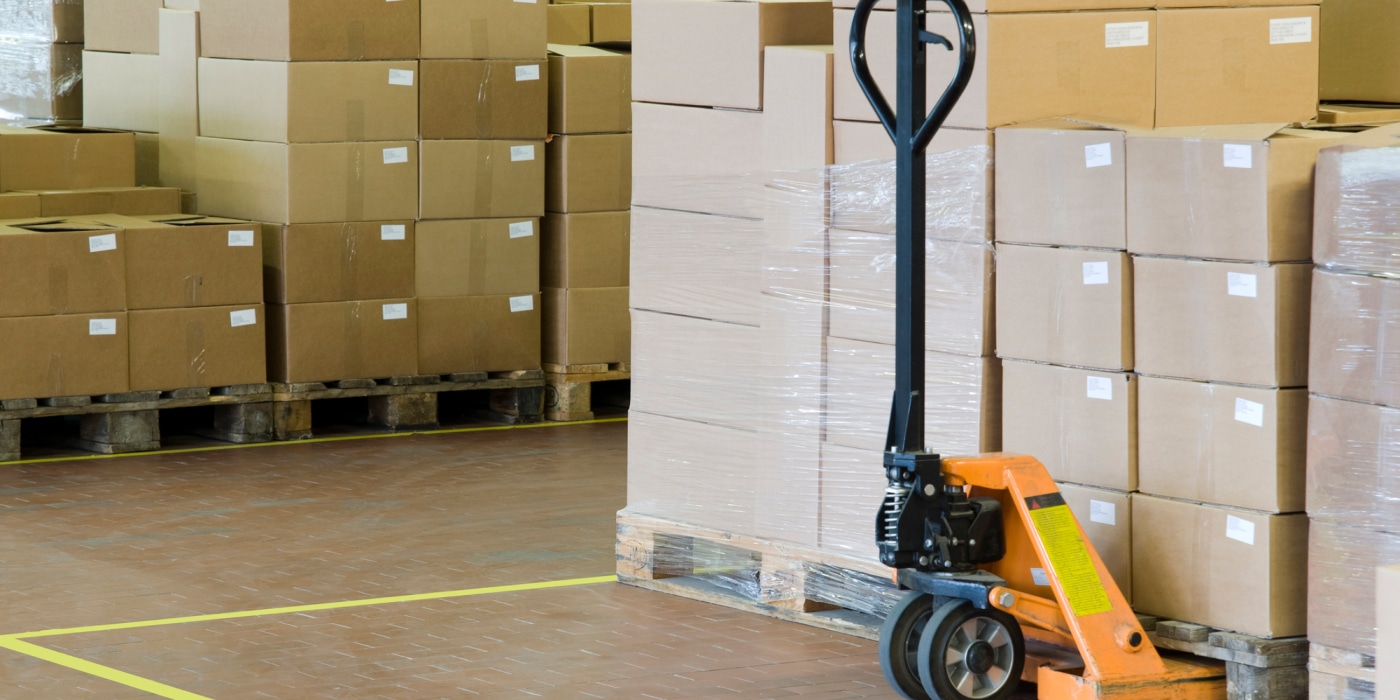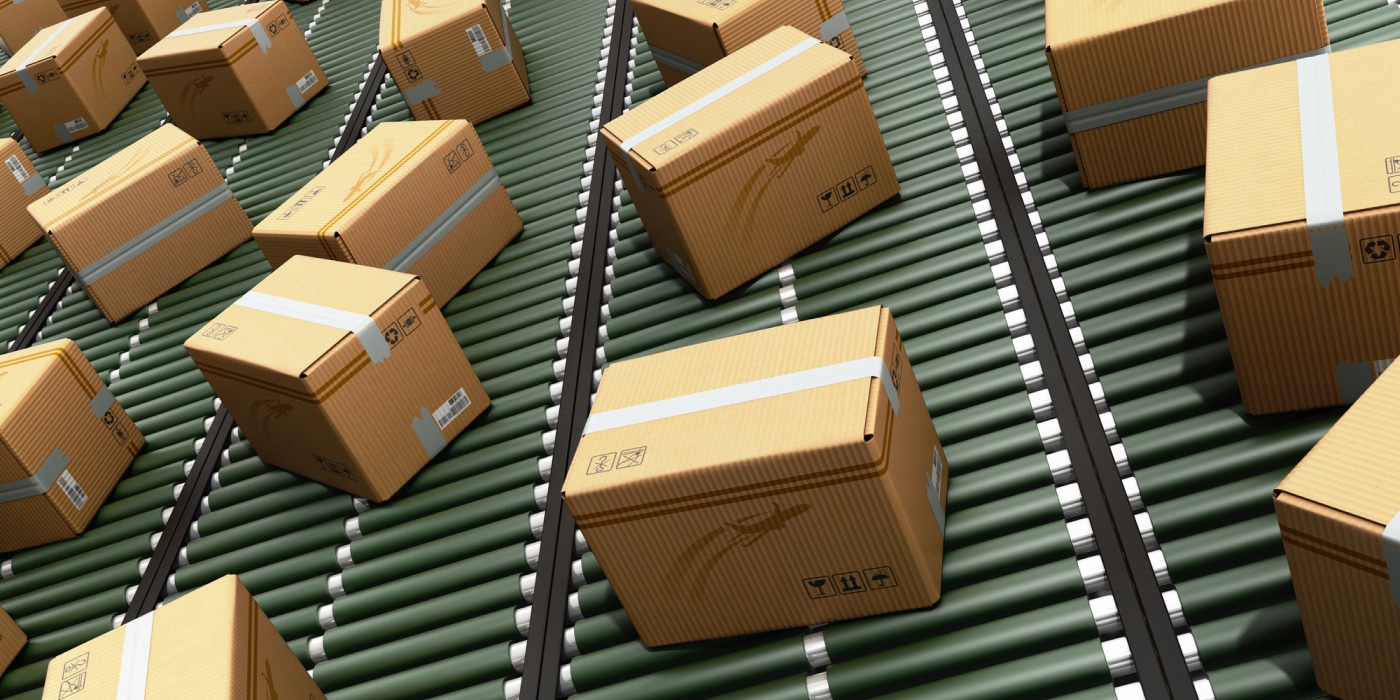Four Trends Shaping the B2B Industry in 2025
From digital sales growth to supply chain innovation, new trends are reshaping how B2B companies operate and engage with clients. As companies continue to embrace digital tools, data-driven strategies, and new approaches to customer engagement, the future of the B2B industry will be more agile, efficient, and customer-centric than ever before.
Here’s a look at four trends that are shaping the B2B industry in 2025.
B2B Distributors Brace for Tariffs
Tariffs on imports from trading partners, including China, Mexico, and Canada, have forced B2B distributors to rethink their pricing models, sourcing strategies, and customer engagement tactics. Distributors are stockpiling inventory ahead of tariff implementation to avoid immediate price spikes, providing a buffer against rising costs. To reduce reliance on tariff-affected imports, companies are diversifying their supplier base and increasing domestic sourcing.
Adjusting pricing models to pass increased costs onto customers has been a common strategy. Companies are enhancing operational efficiency through technology and automation. Distributors are also collaborating closely with customers to find alternative products, adjust order volumes, and lock in pricing where possible. Beyond short-term adjustments, distributors are engaging in long-term strategic planning to anticipate future tariff changes. They are building flexible supply chains and pricing models in order to be able to adapt to tariffs and navigate additional challenges in the future.

Buyers Shift Toward Digital Transactions
Buyers are continuing to turn to digital channels for their purchasing needs. Seventy-three percent of B2B buyers prefer online purchasing, however 81% face significant barriers due to outdated systems and inaccurate data, according to a new report from Sana Commerce. These frustrations are pushing 75% of buyers to consider switching suppliers for a better experience. To meet buyer expectations and expand their customer base, B2B companies are expanding their digital sales capabilities.
Fastenal continues to prioritize its digital sales transformation. Its offerings include eCommerce platforms and the Fastenal Managed Inventory programs, which feature FASTVend, internet-connected vending machines installed at customer locations to enhance on-site sales and services. In 2024, digital sales accounted for approximately 62% of Fastenal’s total revenue. The distributor is targeting further growth, with plans to achieve 66% to 68% digital sales penetration by the end of 2025.
Technology Transforms Buyer Experiences
In the past, B2B relationships were typically transactional and focused on price. However, today’s B2B customers expect an experience that mirrors the consumer space in terms of personalization, convenience, and service. Businesses are using AI-powered tools and data analytics to improve the buyer’s experience, offering hyper-personalized experiences based on a customer’s unique preferences, behavior, and purchase history. AI-powered chatbots are increasingly being used to provide faster and more efficient customer support. They allow businesses to handle inquiries 24/7, reducing the need for human intervention.
Parts Town has launched an AI-powered live chat feature to improve customer support and streamline the purchasing process. The AI-powered live chat feature was designed to assist customers in real time by providing faster responses, helping identify correct parts, and answering inquiries. Since its launch, chat engagement has doubled, with 36% of interactions leading to a purchase. The feature also reduces search time by quickly understanding queries and providing relevant responses. Parts Town plans to expand the AI capabilities to include personalized recommendations, technical support, and exclusive chat-based promotions.

Supply Chain Innovation
Businesses are updating and modernizing their supply chains and logistics operations by implementing digital platforms and automation to streamline operations, increase visibility, and enhance customer interactions. Companies are investing in cloud-based systems, fulfillment automation, and data analytics to create more transparent, adaptable, and efficient supply chains. These technologies can help businesses reduce operational costs, improve delivery accuracy, and enhance supply chain resilience in the years to come.
Cloud-based solutions enable real-time communication and collaboration across all supply chain stakeholders and delivery networks. They can also provide real-time routing capabilities, enabling companies to adapt to unexpected delivery challenges or disruptions and manage deliveries more efficiently. Automation and robotics in warehouses can reduce fulfillment times and improve productivity, contributing to faster deliveries.
As we move into 2025 and beyond, B2B leaders must invest in innovation, build resilient supply chains, and prioritize seamless digital experiences to stay competitive. By investing in digital solutions and prioritizing customer-centric strategies, B2B companies can unlock new opportunities and pave the way for a more flexible, responsive, and successful future.
For more information about how our delivery management solution can help you manage your deliveries more efficiently, please contact info@bringoz.com.
